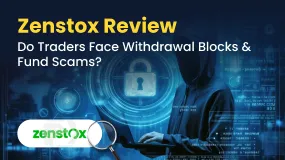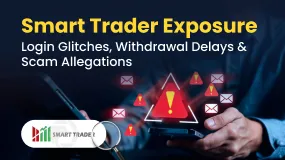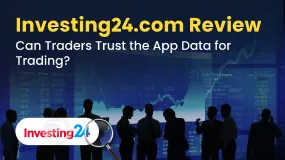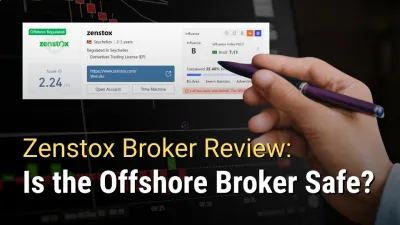Abstract:WikiFX often says, "Regulatory licenses are not omnipotent, but without them, it's impossible." However, with so many forex licenses, are they all effective? Not necessarily, because some regulatory agencies lack the authority to regulate forex trading, which can easily confuse people into thinking they are substantial regulatory bodies. Additionally, their application process is relatively simple, making them attractive to many forex scam platforms for endorsement and attracting clients.
WikiFX often says, “Regulatory licenses are not omnipotent, but without them, it's impossible.” However, with so many forex licenses, are they all effective? Not necessarily, because some regulatory agencies lack the authority to regulate forex trading, which can easily confuse people into thinking they are substantial regulatory bodies. Additionally, their application process is relatively simple, making them attractive to many forex scam platforms for endorsement and attracting clients.
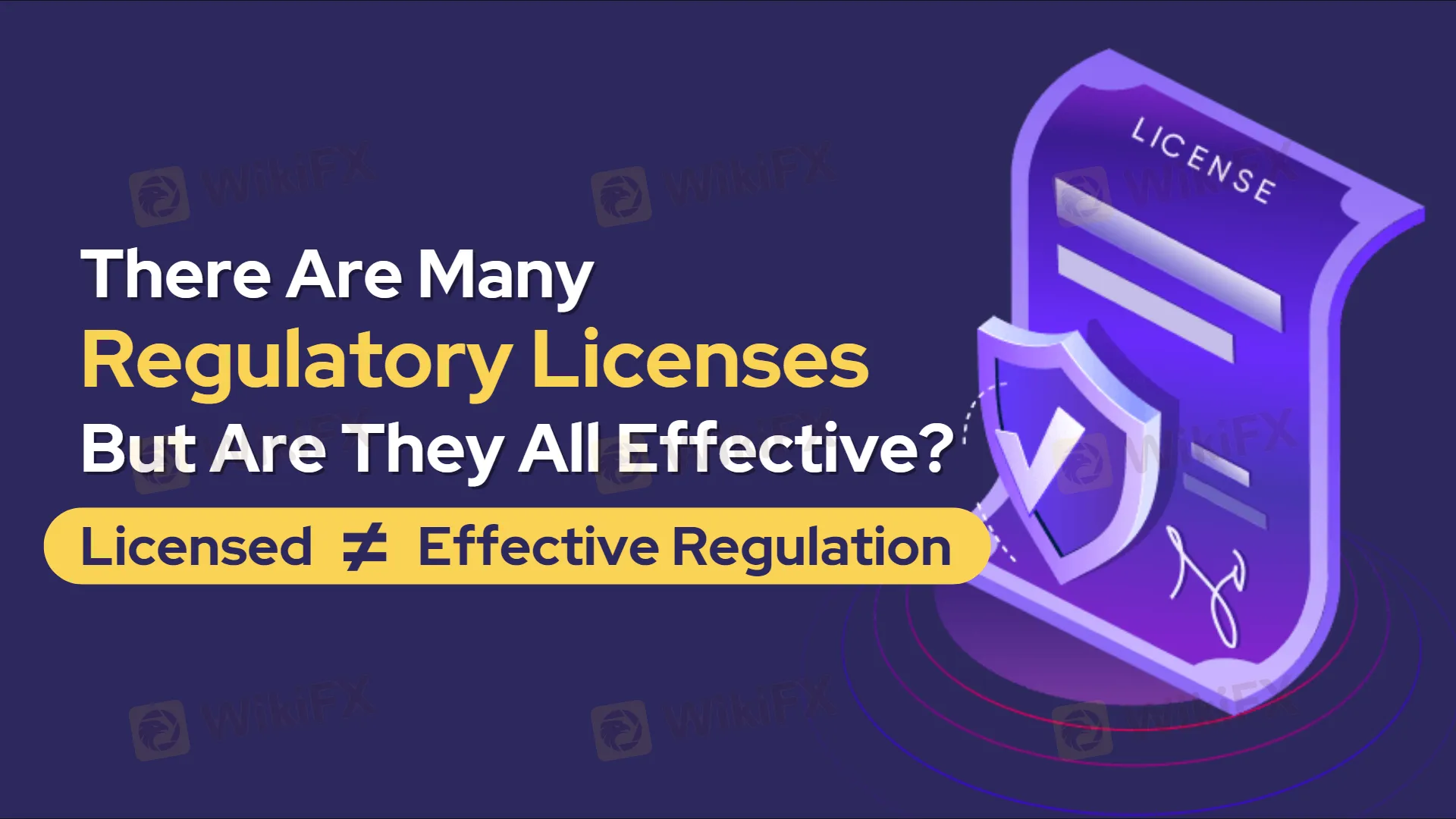
Today, WikiFX will list some forex regulatory licenses that are ineffective for forex trading!
Financial Transactions and Reports Analysis Centre of Canada (FINTRAC)
Often, some fraudulent platforms hold regulatory licenses from FINTRAC in Canada. However, a detailed check on the official agency's website reveals that these licensed companies are usually registered for just over ten days. This is a common occurrence because FINTRAC's main task is to collect, analyze, assess, and disclose relevant information about Canada's financial industry, aiming to protect the country's financial stability and security. It does not possess the qualifications to regulate retail forex trading.
However, many fraudulent platforms take advantage of the fact that many traders in China cannot distinguish between these combinations of English letters and are unable to determine which organization is truly regulating forex trading. They openly use the FINTRAC name to deceive and exploit capital.
For example, the money game platform Haihui International, which was once popular in the forex community, applied for a regulatory license from FINTRAC in Canada. This was the only license held by Haihui International. There's also BNCFX, which doesn't sound very reputable, claiming to hold a FINTRAC license and establishing 13 affiliated platforms within just six months. Even the well-known Seda Forex holds a FINTRAC currency exchange license, providing no financial security. It's evident that the ease of obtaining this license creates opportunities for unscrupulous individuals.
However, it's essential to remember that among the regulatory licenses in Canada, only IIROC can regulate retail forex trading, while the others are ineffective!
New Zealand Financial Service Providers (FSP)
People often confuse the New Zealand Financial Markets Authority (FMA) with the New Zealand FSP, but the FMA is a government agency and the highest financial regulatory authority in New Zealand, including the regulation of retail forex trading.
On the other hand, FSP stands for Financial Service Providers, referring to individuals, companies, and entities providing financial services in New Zealand, and their information is registered online and is publicly accessible. From its full name, it's clear that FSP represents financial service providers, but registering as an FSP does not automatically grant the qualification to engage in retail forex business.
To be recognized by regulatory authorities in New Zealand, one must possess a Derivatives Issuer License provided by the FMA.
Saint Vincent and the Grenadines Financial Services Authority (FSA)
When it comes to this regulatory license, it initially didn't draw much attention, but recently more and more fraudulent platforms have started using it as a facade. Like the previously exposed “Wisdom” platform, which claimed to hold a license issued by the Saint Vincent and the Grenadines Financial Services Authority (FSA).
However, in June 2021, the FSA of Saint Vincent and the Grenadines issued a specific announcement stating that they do not issue any licenses for operating forex trading.
Back in 2014, the FSA of Saint Vincent and the Grenadines had already stated that their organization is not qualified to regulate retail forex trading. They only made this announcement as more and more investors were deceived, and it became necessary to clarify their position.
Summary:
Why does WikiFX always emphasize the need for platforms to have legitimate and effective regulatory licenses? This is primarily because, for investors, whether a platform has a valid regulatory license is crucial for the safety of their future trading. The forex market is inherently filled with both reputable and unscrupulous entities, and ensuring the security of one's forex trading requires a focus on regulatory licenses. Only by choosing forex platforms that hold proper regulatory licenses can investors add an extra layer of protection to their forex trading.





